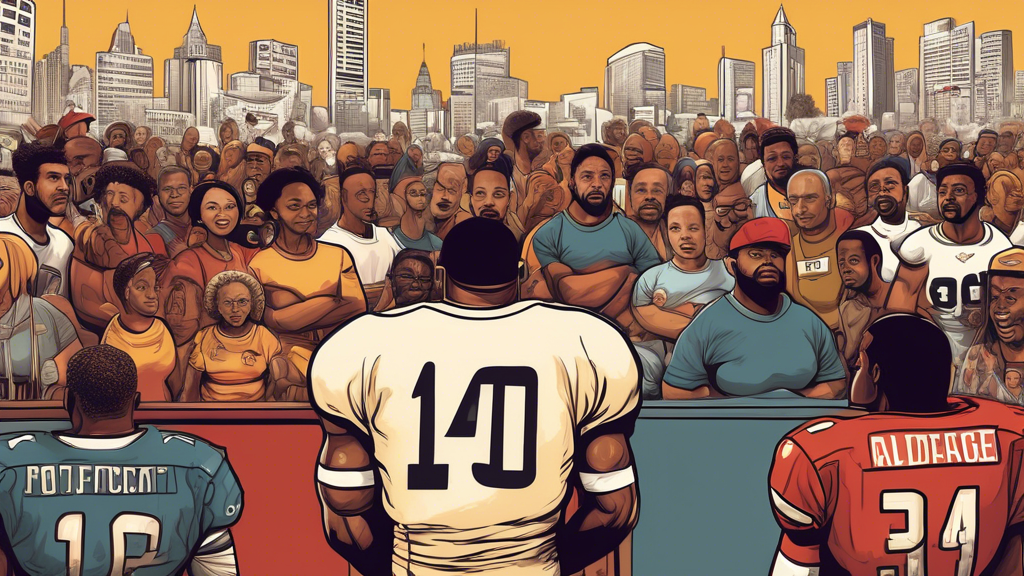
Former NFL Player Sparks Debate, Claims ‘Black People Are More Racist Than White People’ Because of Anti-Trump Sentiments
Former NFL running back Le’Veon Bell has ignited a firestorm of controversy following his recent comments suggesting that “black people are more racist than white people.” These remarks were made in an Election Day thread on social media, coinciding with his endorsement of Donald Trump, the Republican nominee for the upcoming presidential election.
Le’Veon Bell’s Controversial Statement
Bell, who is Black, faced a wave of backlash after his assertion that the racism directed at him by his own community intensified the moment he publicly backed Trump. His comments quickly drew attention and condemnation for perpetuating a narrative that many found offensive and reductive.
Context of the Statement
The context surrounding Bell’s remarks is significant, as they come amid a highly polarized political landscape. By endorsing Trump, a figure often accused of racially charged rhetoric, Bell positioned himself at odds with many in the Black community who view the former president’s policies and statements as harmful to their interests. Bell’s experience of facing criticism for his political stance has led him to conclude that this animosity contributes to a form of racism that exists within his community.
Criticism and Backlash
The response to Bell’s statement was immediate and intense. Many commentators and social media users expressed outrage, arguing that his comments were not only inflammatory but also downplayed the systemic racism that Black people face in society. Detractors viewed his remarks as an attempt to divert attention from the real issues of racial discrimination and prejudice, particularly in light of Trump’s controversial rhetoric during his presidency.
Implications
This controversy brings to the forefront the complexities of discussing racism, especially when intertwined with political affiliations. Bell’s comments encapsulate a broader tension within the discourse on race and politics, revealing differing perceptions of racism among various communities. As the 2024 presidential election looms, such discussions will likely play a crucial role in shaping voter attitudes and community dialogues around race.
Broader Political Context
In an electoral climate marked by divisions, statements like Bell’s can significantly influence public opinion. As the nation becomes increasingly polarized, discussions surrounding race and political allegiances are critical. Bell’s remarks may reflect not only his personal experiences but also the ongoing struggle within the Black community regarding political alignment and the implications of those choices.
Ultimately, the debate ignited by Le’Veon Bell underscores the need for a nuanced conversation about racism, community identity, and political support as the nation prepares for the upcoming election cycle.
